The winners of the 2017 KfW Construction Award have managed to combine two aspects that once seemed completely incompatible: the protection of a historic building and the construction of new energy-efficient and barrier-free homes. And they have achieved all of this in a rural setting, though still just a few minutes on the train from the Friedrichshain neighbourhood of Berlin.
At home with the winners
The architect and builders opened the doors to their prize-winning Kaulsdorfer Kastanienhof complex (KfW Group/n-tv). This video is only available in German.
A village green stretches along one side, dotted with a little 700-year-old church and charming rural school houses. On the opposite side, there is an expanse of meadows, the valley to the Wuhle River and a green hill known as Biesdorfer Höhe. And in the middle? A former barn that looks both pastoral and urban at the same time. Rectangular floor-to-ceiling windows adorn all three floors, large terraces span the front of the building and an angular yet handsome new building stands close by.
This is the Kaulsdorfer Kastanienhof complex. Ten families and couples have managed to combine two aspects that once seemed impossible: rural living in the urban metropolis of Berlin – thanks to the station close by, they are just a twelve-minute train ride from the hip and happening neighbourhood of Friedrichshain. They have protected a historic listed building and used it to house new flats that are light, spacious, beautifully designed, energy efficient and wheelchair-friendly. Bringing together so many characteristics in a single project has led to them winning the 2017 KfW Award for Construction.
Ursula Steinhilber first fell in love with the village green in Kaulsdorf over 20 years ago. The Stuttgart-based architect and professor also teaches and designs buildings in Berlin, preferring to work with residential cooperatives.
When she first came to the area, she was designing flats for Kaulsdorf and had set up a seminar house for herself and her students. Former stables were converted to house classrooms, offices and sleeping accommodation.
Meanwhile, a short walk down the road, the former farm at Dorfstrasse 29 was falling into disrepair, and its owner at the time was at a loss over what to do with it. "It was at risk of being torn down and replaced with new buildings, even though the farmyard was a listed building," explains Ms Steinhilber.
So she got together with a group of friends and purchased the property: the almost 30-metre-long barn, a rural farmhouse and a shed – all spread over a huge piece of land with 8,472 square metres, the majority of which is a landscape conservation area.
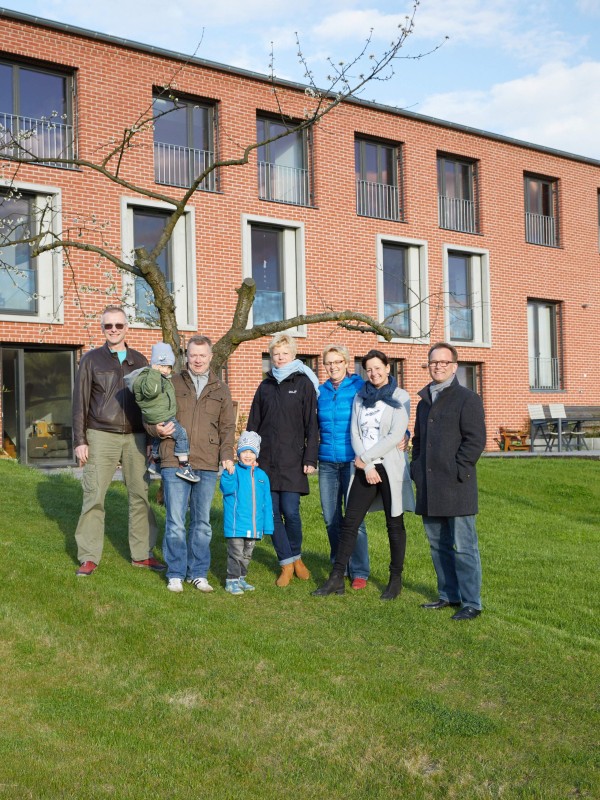
The winners
Group shot with members of the community at the Kaulsdorfer Kastanienhof conversion.
Ms Steinhilber and her friends restored the four-sided courtyard, the design of which reflects the traditional style of this region of Brandenburg. They refurbished and updated the large barn and farmhouse opposite, and also built a new building with three flats. On the fourth side, the old shed for vehicles and equipment remained as it was for the time being. At the same time, they were on the lookout for like-minded residents to move into the flats. They came from both near and far: one family came from Chile and the Ruhr area in western Germany. Others came from Prenzlauer Berg in Berlin or from south-west Germany like Ms Steinhilber. However, three came from the local area itself: Annet Schröder, and Marko and Innes Krause were already living nearby and often visited the Wuhle valley and the charming Christmas market in Alt-Kaulsdorf.
Now, all three are enthralled by the view over one of Berlin's largest expanses of greenery. "You see deer, foxes and buzzards," says AnnetSchröder, who lives in the new building, the facade of which is enclosed in grey timber panels. Ines Krause has one small problem with the animals: "The deer come all the way up to the terrace and eat the flowers off the tulips."
Read more under the image gallery.
The new building
A mixture of styles
The entrance to the new right-hand wing of the Kaulsdorfer Kastanienhof complex with the restored barn from 1870 in the background.
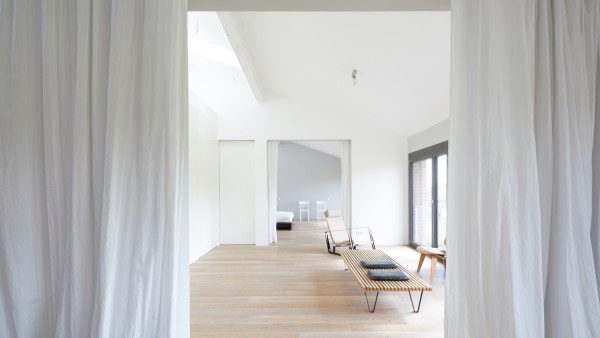
Country air
Spacious flat beneath the roof of the barn.
The Krauses live in the jewel of the complex: the lovingly and carefully restored barn and stables. In this building, Ursula Steinhilber had to "replace all of the beams – they were all rotted at the ends, a real nightmare." The brickwork facade was damaged on three sides, while the fourth was completely destroyed. And of course, the former storage facility lacked any of the equipment needed to live.
Now it has everything it needs, including protective insulation technology: the aim was to keep the exterior wall visible but also make sure the interior was not sealed off to be air- and moisture-proof. The historic bricks on the interior side were therefore equipped with an insulation layer made of mortar and a further brick wall. "It's kind of like a house inside a house," sums up Ms Steinhilber.
The dilapidated wooden door was replaced with a glass wall. To make sure it did not look too large or out of place, vertical wooden slats were installed in front of it. From the entrance hall, it doesn't take long to locate the Krause's flat, the former cowshed with direct access to the meadows.
Read more under the image gallery.
The barn and stables
Grand
The almost 30-metre-long former storage facility was dilapidated but listed. A challenge for architect Ursula Steinhilber.
Awards ceremony 2017
Impressions from the gala evening in Berlin, where the 2017 KfW Awards for Construction were presented in front of prominent guests (KfW Group/n-tv). This video is only avaiable in German.
Ursula Steinhilber has made herself at home on the top floor. To reach her flat, you climb a unique, rustic steel staircase or take the small lift, added with foresight to take old age into account.
Her rooms shine in brilliant white beneath the building's roof. She can soak up views over the Wuhle valley from bed and – if she pushes back a wall – even from the bath. At night, the stars twinkle through the skylights. "Yes, we have brought a few dreams to life here," says Ms Steinhilber with a smile. Dreams with a background in history: "The old property defined the way we dealt with this building. Essentially, we haven't done anything more than enhance a listed building."
The project at a glance
Source
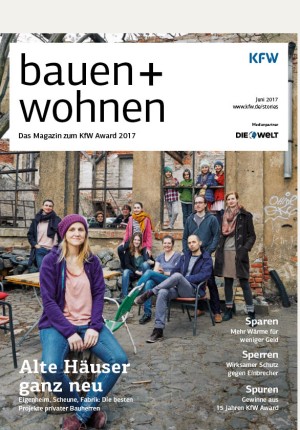
The winners are presented in the bauen + wohnen magazine 2107.
To German editionProject: Refurbishment and modernisation of a listed complex of farm buildings
Location: Berlin-Kaulsdorf, Dorfstrasse 29
Year of construction: 1870 and 2014 to 2016
Owners: Ten families, couples and individuals
Architect: Ursula Steinhilber
Energy consultant: Hans-Jürgen Braun
Area: 8,472 square metres of land, 590 square metres of floor space (barn only)
Construction costs per square metre: €2,760
Benefits for residents: Close proximity to the city, surrounded by village green and conservation area
Benefits for the community: Preservation, improvement and revival of farming complex and village
Energy-saving measures: Extensive insulation, heating, etc., with biomass
Accessibility: No sills, lift, barrier-free baths
KfW promotion: Programmes 151/152 and 430 ("Energy-efficient Refurbishment" with loan and grant)
KfW Standard: Listed Efficiency House
Published on KfW Stories: Wednesday, 17 May 2017
The described project contributes to the following United Nationsʼ Sustainable Development Goals
Goal 7: Ensure access to affordable, reliable, sustainable and modern energy
Close to 80 per cent of the energy produced worldwide still comes from fossil fuel sources. Burning fossil fuels also generates costs for the health system due to air pollution and costs for climate-related damages that harm the general public, not just those burning the fuel.

All United Nations member states adopted the 2030 Agenda in 2015. At its heart is a list of 17 goals for sustainable development, known as the Sustainable Development Goals (SDGs). Our world should become a place where people are able to live in peace with each other in ways that are ecologically compatible, socially just, and economically effective.

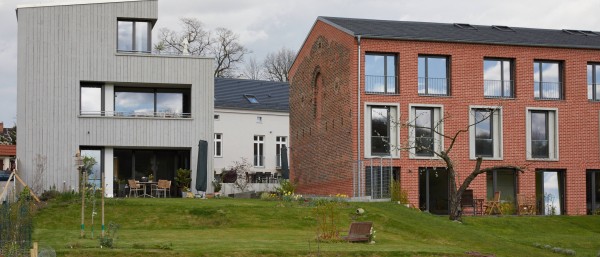
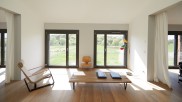
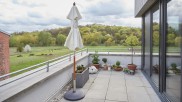
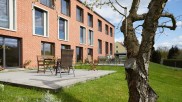
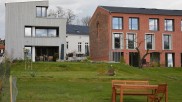
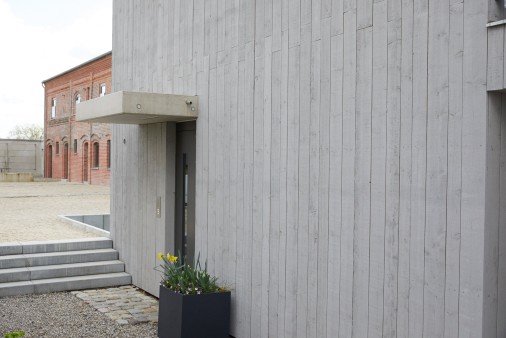
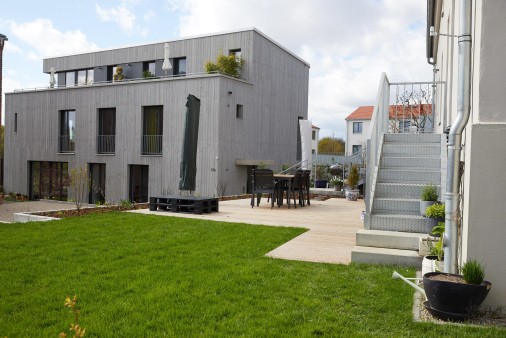
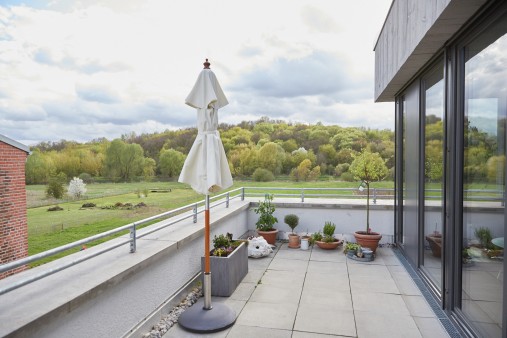
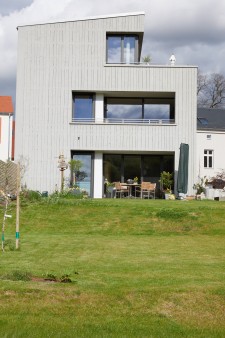




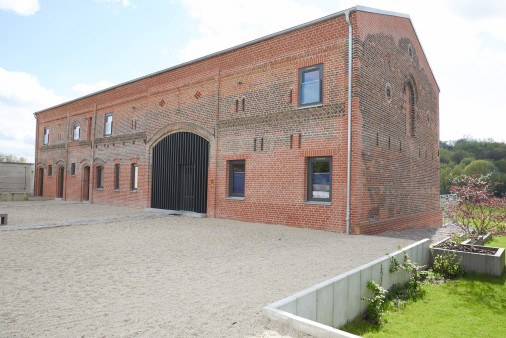
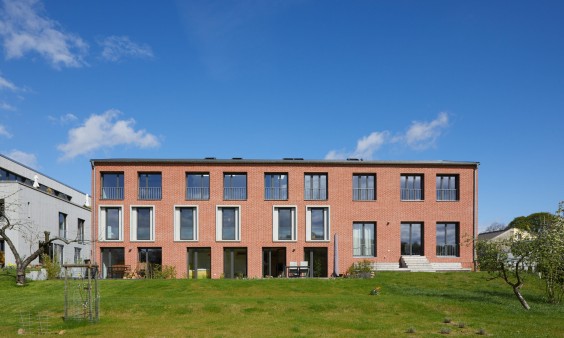
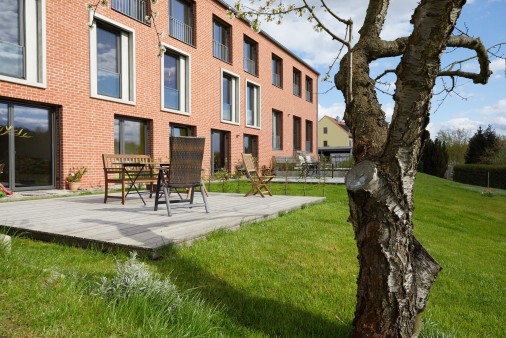
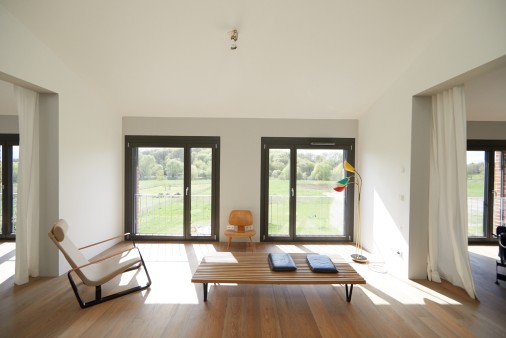
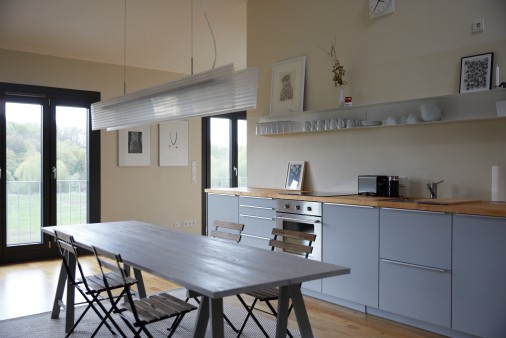
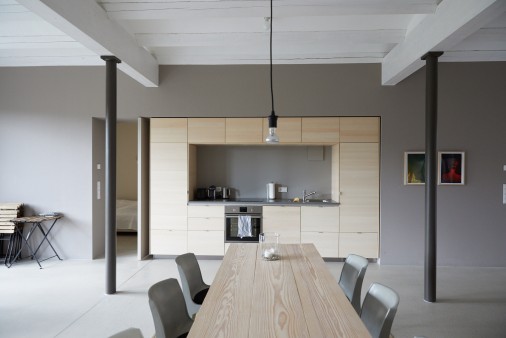
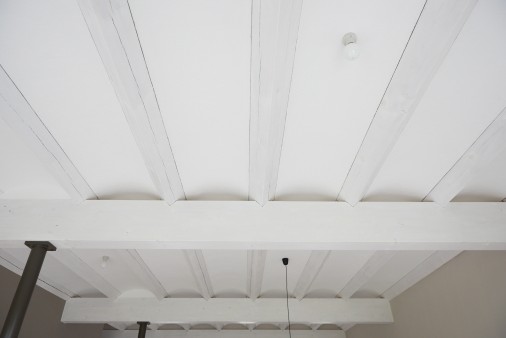
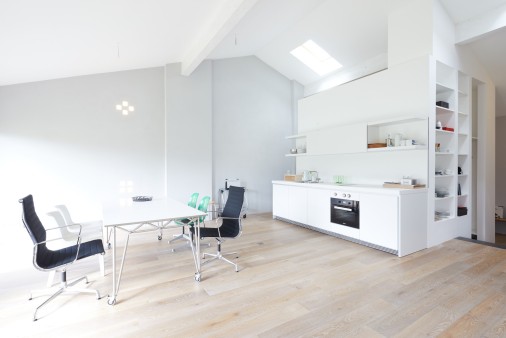








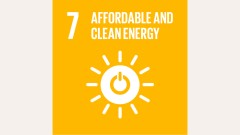
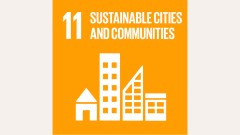


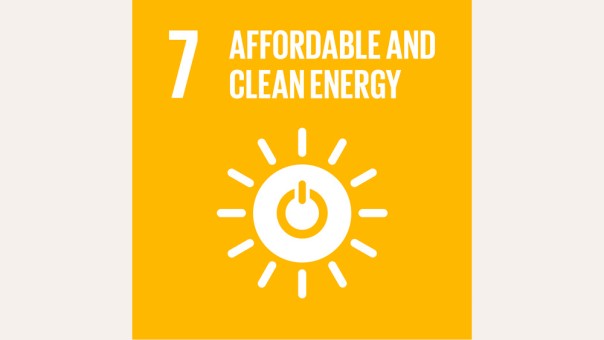
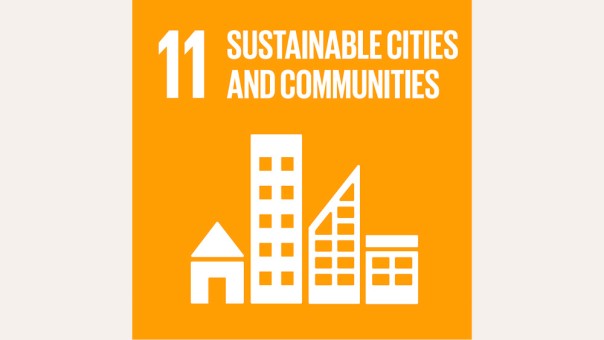


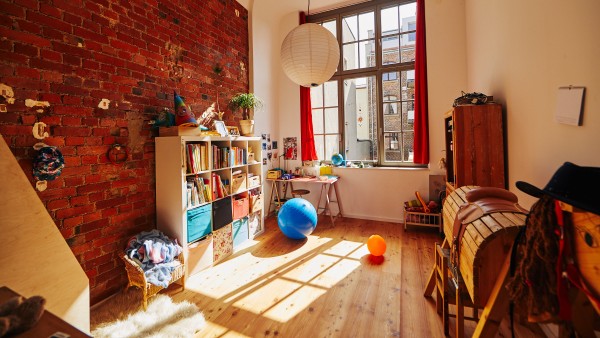
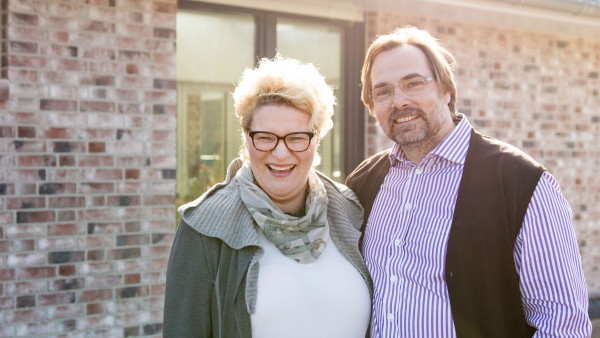
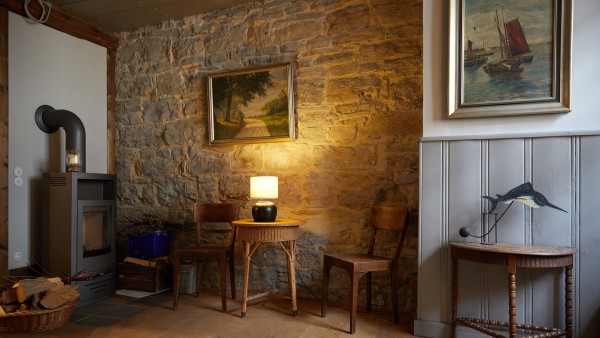
Data protection principles
If you click on one of the following icons, your data will be sent to the corresponding social network.
Privacy information